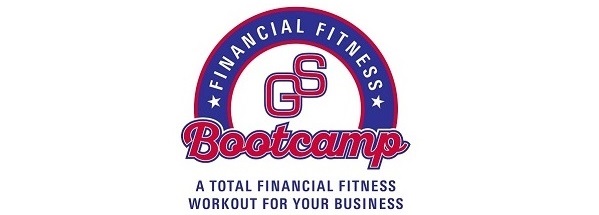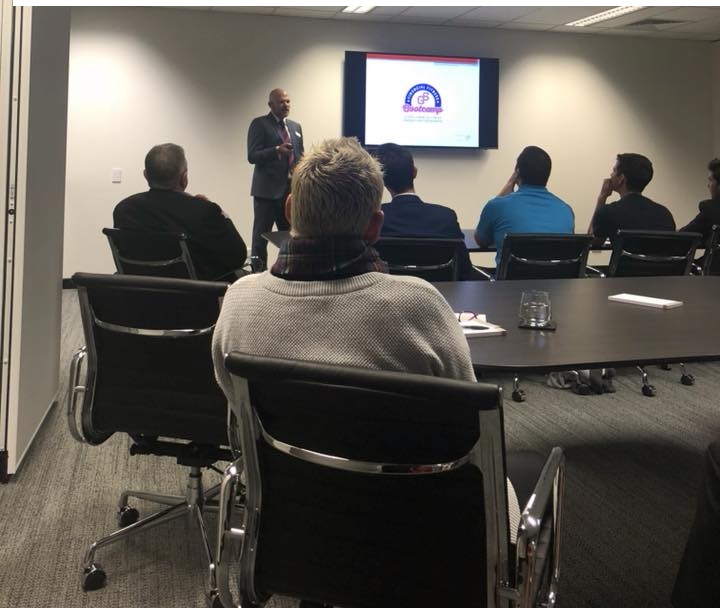SPECIAL PROFESSIONAL INCOME AVERAGING (SPIA): WHO IS ELIGIBLE, HOW IT WORKS
Posted on August 14, 2018 by GSCPA AdminThe Australian Government recognises that certain taxpayers may not be able to generate a consistent level of income from year to year. As a result, the ATO provides tax concessions that allows for a reduction of the otherwise unreasonable tax rates that would usually apply in higher income earning years, helping to ‘smooth’ out these income spikes and having a fairer overall tax result.
Special Professional Income Averaging (SPIA) allows an individual to average their income over a four year rolling period, which is likely to result in lower tax rates for special professionals whose income tends to rise and fall. This concessionary tax treatment ensures an individual is not paying additional tax due to the irregular nature of their work or income. Examples of these special professionals include:
sportspeople
- sportspeople
- authors (literary, dramatic, musical, in some cases computer programmers)
- inventors
- performing artists, and
- production associates (those who provide artistic support to performing artists).
For the purposes of income averaging for special professionals however, what the legislation refers to as “special professional income” is that which is derived from the specific category of professional activity. For example, an artist’s income from the sale of paintings counts, but income from running painting workshops does not.
The benefits to an eligible individual’s tax outcome by using such income averaging provisions will typically be mostly felt in the first few years of application and can result in significant tax savings for those years. The benefit tends to reduce once income flattens out, which is of course the intent of the legislation. Note that all other income is taxed in the usual way and at normal rates.
The eligibility criteria for special professional income averaging includes that the individual:
- earns income from one of the “special professional” categories
- is an Australian resident at any time during the income year, and
- satisfies the first year requirements (see below) in either the current income year or an earlier income year.
Note that assessable professional income includes:
- rewards and prizes
- income from endorsements, promotional activities, advertisements, interviews, commentating and any similar service
- income from assigning copyright or granting a licence of a literary, dramatic, musical or artistic work
- income from assigning a patent, or the right to apply for a patent, or granting a licence for an invention
- income from providing professional services, and
- other assessable income from a literary, dramatic, musical or artistic work, from copyright in such a work or for an invention.
The first year a taxpayer becomes eligible for income averaging is the year in which they have more than $2,500 taxable professional income. This then becomes year one of a four-year period over which taxable professional income is averaged.
Over the ensuing years of the four-year phrase-in period, the Tax Office deems the average taxable professional income (TPI) to be:
- year 2: one-third of the TPI in year 1
- year 3: one-quarter of the sum of TPI of years 1 and 2, and
- year 4: one-quarter of the sum of TPI of years 1, 2 and 3.
From the fifth year onwards, the average taxable professional income for each ensuing year is simply based on the rolling four-year averages — that is, the total of the past four year period is divide by four.
The income averaging regime for special professionals is a complicated area and can easily be misunderstood. Not only that, but the Tax Office tends to put applications to apply these income averaging provisions under the microscope — to ensure a taxpayer is legitimately eligible, but also to check that all the correct income is included and the correct tax rates are applied. Should you believe you or anyone else you know can make use of the special professional income averaging provisions, it is recommended that you contact our office to meet with one of our accountants who will be able to help you.


